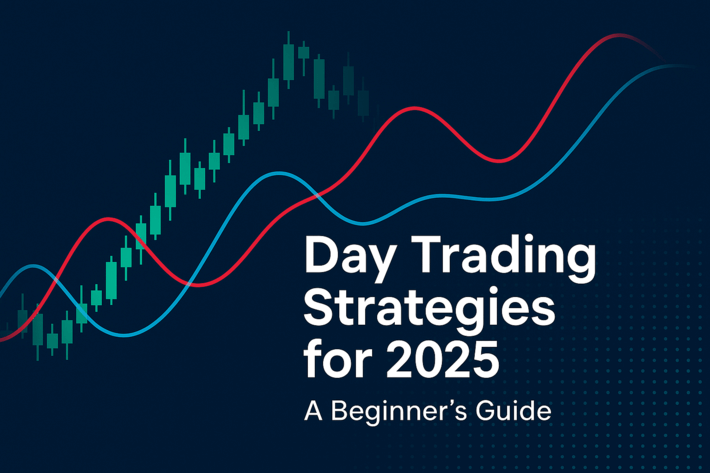Robo-Advisors vs. Financial Advisors: Which One Is Right for You?
Investing offers many options, and one of the most significant choices is between automation and human-guided trades. Both have pros and cons, and it can be challenging to decide which will work.
The Difference Between Automated Investing and Relying on a Financial Advisor
A robo-advisor is an automated investing service. Robo-advisors use algorithms to invest your money based on your goals, risk tolerance, and timeline. They enable easy investing without research or management requirements.
Personal financial advisors, on the other hand, are professionals offering personalized investment and wealth management advice and guidance.
Robo-advisors have a significant advantage over human advisors, as they don't require you to be rich to start investing: With most of them, you can invest as little as $5.
In contrast, financial advisors typically require you to have at least $500,000 or more before they consider taking you on as a client.
However, the main difference between robo-advisors and financial advisors probably lies in the level of self-reliance necessary.
When you first sign up with a robo-advisor, you'll be prompted to fill out a form. Its goal is to provide the robo-advisor with enough information about your investment goals, the risk level you are comfortable with, and your preferred investment types.
Once you give the robo-advisor this data, you surrender most of the financial planning and choosing how much and what to invest in.
Some robo-advisors will afford you limited control, while others will grant you none.
With financial advisors, you're in the driver's seat of how your money is managed. You'll have regular meetings or calls with your dedicated financial advisor to discuss your investment goals and strategy.
You'll also actively decide how much to invest and where. Financial advisors will give you recommendations, but the final allocation decisions are up to you.
Considering that you are actively involved in the process, you might wonder whether you need a financial advisor at all, but the experience these professionals bring to the table is invaluable for many.
Pros & Cons
| Robo-Advisors | Financial Advisor | |
| Pros |
|
|
| Cons |
|
|
Price Differences
The biggest advantage of using a robo-advisor is that it is much cheaper than hiring an expert or brokerage service.
Typically, robo-advisors take around 0.25% of your assets under management. For example, Betterment and Wealthfront, two of the most popular robo-advisors, charge this exact percentage.
Traditional advisors charge an average fee of around 1-2% of your assets. In other words, robo-advisers can save you a lot of money on expansive investment portfolios.
Another advantage is that they are more tax-efficient than hiring a human. Leading robo-advisors on the market use advanced algorithms to rebalance your portfolio and minimize capital gains taxes.
How to Choose Between the Two
Figuring out the best option here can be difficult. Apart from assessing the financial aspect of going with either of these investing strategies, you first need to consider your investing goals and personal financial situation.
If you are unsure about your investing goals, we recommend going with a financial advisor, at least for a while.
They can help you figure out what you should be saving for, and you can rely on them for investment advice, deciphering the financial industry, recommending an investing strategy, and even choosing retirement accounts.
Still, you need to do a background check on any potential candidates, as some personal finance advisors will steer your investments toward lining their pockets instead.
If you feel more comfortable with a human helping you manage your finances for an hourly fee, then a financial advisor is the better choice.
However, if you would dread the scheduled calls with your financial advisor and are comfortable letting a computer handle your money, a robo-advisor may be the superior option.
I have always thought of myself as a writer, but I began my career as a data operator with a large fintech firm. This position proved invaluable for learning how banks and other financial institutions operate. Daily correspondence with banking experts gave me insight into the systems and policies that power the economy. When I got the chance to translate my experience into words, I gladly joined the smart, enthusiastic Fortunly team.





